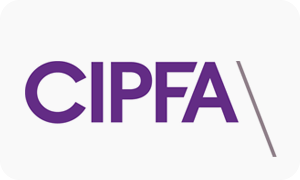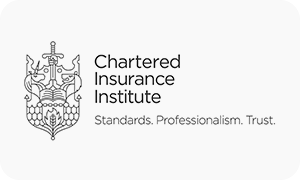Business Finance
Business Finance Code N310 Attend an Open Day Attend an Open Day
Apply NowKey Facts
N310-
UCAS Tariff
120 - 96
-
Course duration
3 years
Available for September start 2026
Further details on entry requirements
Apply NowThe world of business is demanding, challenging and heavily reliant on finance; a diverse environment with various factors that influence business performance and prospects.
At Aberystwyth Business School our Business Finance course will equip you with a well-founded, coherent framework to understand financial strategy, the conduct of financial services and regulation of money and finance.
The finance aspects of the course will equip you with the fundamental theoretical and practical applications of accounting that enable organisations to undertake well-informed financial decision-making.
Course Overview
Modules September start - 2026
Please note: The modules listed below are those currently intended for delivery during the next academic year and may be subject to change. They are included here to give an indication of how the course is structured.
| Module Name | Module Code | Credit Value |
|---|---|---|
| Data Analytics | AB15220 | 20 |
| Fundamentals of Accounting and Finance * | AB11120 | 20 |
| Fundamentals of Management and Business * | AB15120 | 20 |
| Understanding the Economy | AB13120 | 20 |
| Accounting and Finance for Specialists | AB11220 | 20 |
| Economic Theory and Policy | AB13220 | 20 |
| Module Name | Module Code | Credit Value |
|---|---|---|
| Corporate Finance and Financial Markets | AB21420 | 20 |
| Corporate Governance, Risk and Ethics | AB21320 | 20 |
| Intermediate Financial Accounting | AB21120 | 20 |
| Macroeconomics: Theory and Policy Applications | AB23220 | 20 |
| Microeconomics Theory and Policy Applications | AB23120 | 20 |
| Module Name | Module Code | Credit Value |
|---|---|---|
| Financial Technology and Business Success | AB31820 | 20 |
| Growth, Development and Sustainability | AB33420 | 20 |
| Investments and Financial Instruments | AB31320 | 20 |
| Trade and International Monetary Systems | AB33520 | 20 |
* Also available partially or entirely through the medium of Welsh
Careers
Teaching & Learning
Student Testimonials
Typical Entry Requirements
UCAS Tariff 120 - 96
A Levels BBB-CCC
GCSE requirements (minimum grade C/4):
English or Welsh and Mathematics
BTEC National Diploma:
DDM-MMM
International Baccalaureate:
30-26
European Baccalaureate:
75%-65% overall
English Language Requirements:
See our Undergraduate English Language Requirements for this course. Pre-sessional English Programmes are also available for students who do not meet our English Language Requirements.
Country Specific Entry Requirements:
International students whose qualification is not listed on this page, can check our Country Specific Entry Requirements for further information.
The University welcomes undergraduate applications from students studying the Access to Higher Education Diploma or T-level qualifications, provided that relevant subject content and learning outcomes are met. We are not able to accept Access to Higher Education Diplomas or T-levels as a general qualification for every undergraduate degree course.
Our inclusive admissions policy values breadth as well as depth of study. Applicants are selected on their own individual merits and offers can vary. If you would like to check the eligibility of your qualifications before submitting an application, please contact the Undergraduate Admissions Office for advice and guidance.


